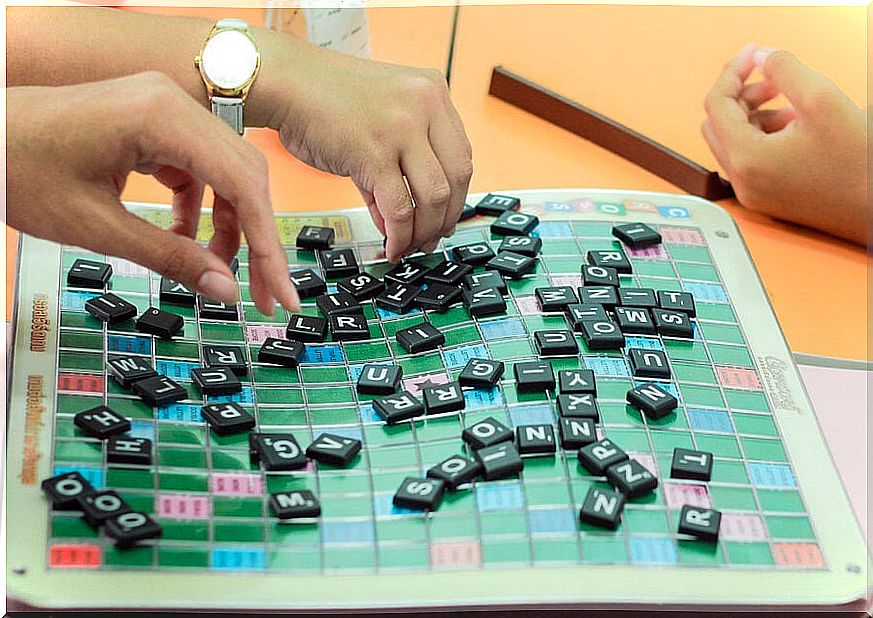8 Exercises To Improve English Pronunciation

Improving pronunciation in English is one of the most frequent concerns in those who are learning this language. The great phonetic differences with respect to Spanish make it require special effort to work on this aspect.
However, there are also many effective tools and methods to better articulate words and have more fluent communication.
As adults it is very difficult for us to unlearn for a moment the structure of our language to assimilate a new one. But, fortunately, the opposite happens with children: they have an amazing ability to produce new phonemes and pronounce English words perfectly. With the following exercises you can take advantage of the great potential of your children.
How to improve pronunciation in English?
1. Songs and rhymes
Rhythm verses are perfect for children to practice their pronunciation. Being repetitive and easy to remember, they impact the memory of the little ones and they will know how to articulate the words they hear. Teens also greatly enjoy exercising their second language through their favorite melodies and artists.
2. Listen to stories and stories
This activity is especially useful when done with children who can already read at medium speed. Pick an interesting and fun story and start reading it out loud while the kids follow along.

In this way they will learn to associate written forms with the sound they make when pronounced. If you don’t have great English skills, you can always turn to videos and recordings that you find a lot on the internet.
3. Tongue twisters
A super effective way to recognize similar sounding words and make articulation fluent is to learn tongue twisters . Short sentences are great for learning vocabulary and proper pronunciation.
For example: ” Peter Piper picked a peck of pickled peppers, Where’s the peck of pickled peppers Peter Piper picked?”. Whenever you have doubts about the meaning or the sound, you can check reliable dictionaries, such as the Cambridge one.
More ideas to improve children’s English pronunciation
4. Image dictations
Review at home the words children learn in school. Find images that represent them and learn to pronounce them properly in English. In a game time, put all the figures on a surface and ask your child to give you the one that corresponds to the word you are going to say. It’s a fun way to associate sounds with illustrations and easily memorize them.
6. Broken phone or Chinese whisper
This game is perfect for improving your English pronunciation and spending time with your family. It consists of saying a secret phrase to the person next to you. Then he or she should repeat the words to whoever is next to them, and so on until they reach the last one in the circle.
At the end, your understanding will be spoken aloud and checked to see if it corresponded to the initial conversation. It is a very fun dynamic that will motivate children to properly articulate sounds.
7. Watch movies and TV shows in English
Fortunately, TV channels and smart devices allow you to set the audio language and subtitles. Putting children’s favorite shows in English will be a fun and educational way to practice pronunciation and listening. Although at first they do not know all the words, they will begin to assimilate them through the actions of the characters.
8. Word mimics to improve pronunciation
Choose a series of words that your child knows, write them down, cut them out and put them in a bag. Take one and mimic its pronunciation without making a sound.
Through the movements of your mouth, the little one will have to guess what it was that you said. In this way, the children observe how the face moves when producing some phonemes. With the passage of time and practice, you can go from words to phrases.
Now you know that improving your English pronunciation can be a lot of fun. Put these strategies into action and make the most of all of your child’s innate abilities from the earliest years of life.










